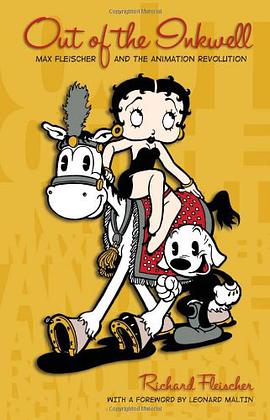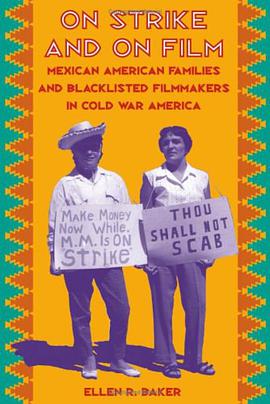

具體描述
Dying for a Laugh looks at the evolution of the contemporary disaster film from the 1970s to the present. Ken Feil argues that contemporary camp culture has influenced and reformed the conventions of the 1970s disaster film, in both its production and reception. The book chronicles how the genre rose to prominence, sank into critical and popular disrepute, and became unintentionally campy. Through close readings of films including The Poseidon Adventure, The Swarm, Ghostbusters, Independence Day, and Mars Attacks , along with film reviews, entertainment reports and publicity materials as evidence, Feil shows that the renewal of the disaster genre in the 1990s hinged on self-parody, ironic self-consciousness, and state-of-the-art effects. Feil also looks at the impact of 9/11 on the genre's campy, sadistic pleasures through movies such as The Sum of All Fears, The Core, and The Day After Tomorrow. This analysis of "high concept camp" draws from diverse methodologies and theories, such as historical reception, textual analysis, neoformalism, political economy, genre analysis, feminism, and queer theory.
作者簡介
目錄資訊
讀後感
評分
評分
評分
評分
用戶評價
相關圖書
本站所有內容均為互聯網搜索引擎提供的公開搜索信息,本站不存儲任何數據與內容,任何內容與數據均與本站無關,如有需要請聯繫相關搜索引擎包括但不限於百度,google,bing,sogou 等
© 2025 qciss.net All Rights Reserved. 小哈圖書下載中心 版权所有




















